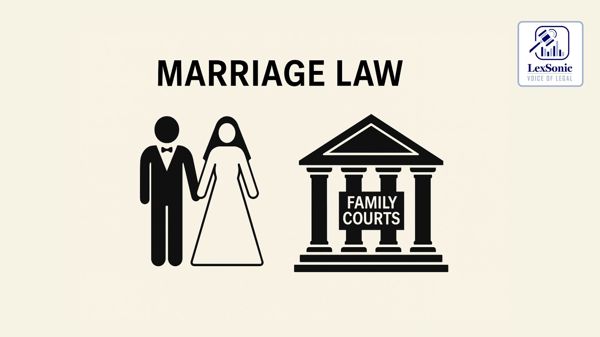False Accusations and Legal Battles: Wife Loses Divorce Appeal.
20 December 2023
Divorce Law >> Family Law | Hindu Marriage Act >> Marriage Law
A recent appeal in Delhi highlights the legal definition of cruelty in a divorce case under the Hindu Marriage Act (HMA) of 1955. The court, upholding the lower court's decision, ruled that a wife's behavior, including false accusations and prolonged litigation, constituted cruelty towards her husband, justifying a divorce on his behalf.
The HMA doesn't provide a strict definition of cruelty. However, courts interpret it as conduct inflicting mental or physical suffering, making it impossible for spouses to co-habit. Each case hinges on specific circumstances.
Facts:
The couple in question, married in December 2001, faced issues from the start. The wife allegedly exhibited an inability to adjust, exemplified by incidents like criticizing the husband for a honeymoon delay due to booking issues and for not buying a Mangalsutra immediately due to financial constraints.
Further strains emerged when the wife allegedly threatened to have a child with another man if the husband wasn't ready, questioned his friendships, and disrespected his elderly grandmother. Additionally, she is said to have filed a civil suit against the grandmother and a criminal complaint against the husband and his family members, accusing them of dowry harassment and misappropriation.
The wife, however, denied these claims and accused the husband of infidelity and of subjecting her to cruelty by his family members. While she agreed to a mutual divorce settlement initially, she later withdrew her consent.

Court's Reasoning:
The court meticulously examined the evidence, including the short duration of the marriage (13 months) followed by over 13 years of litigation. They concluded that the wife's unsubstantiated allegations, the false criminal case, and the withdrawal of consent from the mutual divorce agreement amounted to mental cruelty towards the husband.
The court also cited relevant case law to support its decision. Notably, precedents established that unsubstantiated accusations of adultery and prolonged litigation arising from false complaints can be construed as cruelty. Additionally, the court viewed the wife's withdrawal of consent from a mutually agreed-upon divorce as a deliberate act causing further mental distress to the husband.
Key Takeaways:
This case underscores the seriousness with which courts view unsubstantiated accusations and unnecessary litigation in divorce proceedings. It highlights that such actions can be considered forms of cruelty, impacting the other spouse's mental well-being and potentially influencing the court's decision on granting a divorce.
If you are considering divorce, consulting with a lawyer to understand your rights and legal options is crucial. This will help you navigate the process effectively and avoid actions that might be misconstrued as cruelty.
HINDU MARRIAGE ACT, 1955 Family Courts Act, 1984
